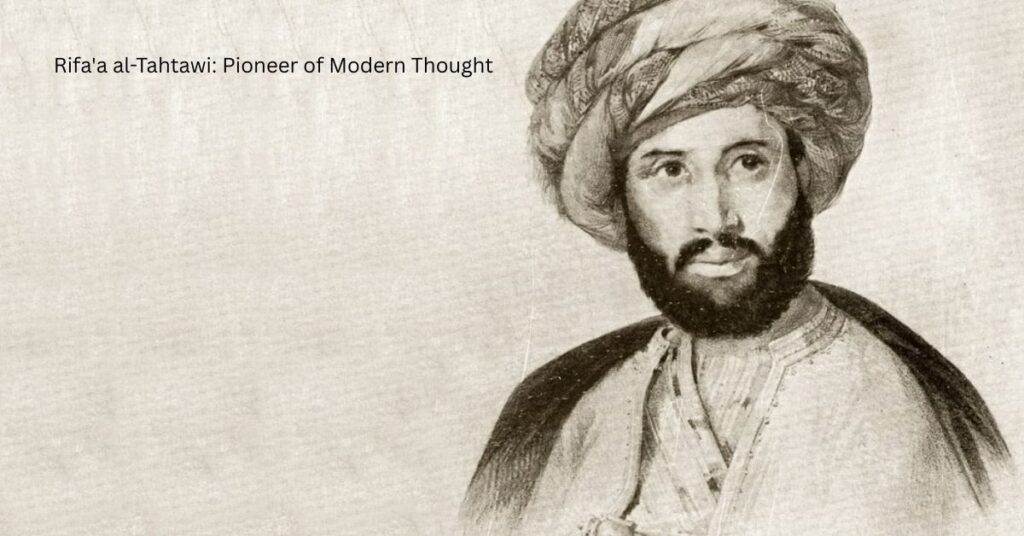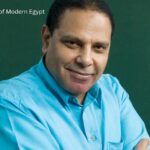Rifa’a al-Tahtawi (1801–1873) stands as one of the most influential figures in the Arab world’s journey toward modernization. A visionary scholar, translator, and reformist, al-Tahtawi played a crucial role in bridging the intellectual traditions of the East with the advancements of the West. His work laid the foundation for Egypt’s cultural renaissance and inspired future generations to embrace education, progress, and reform.
Early Life and Education
Born in Tahta, Egypt, al-Tahtawi grew up in a society deeply rooted in traditional Islamic scholarship. He pursued his studies at Al-Azhar University, where he was trained in Islamic jurisprudence, theology, and Arabic literature. However, his intellectual curiosity extended far beyond traditional learning. This curiosity became the driving force behind his later contributions to modern thought.
Journey to France
In 1826, al-Tahtawi accompanied a group of Egyptian students to France as an imam and translator. His five-year stay in Paris was transformative. He immersed himself in European sciences, philosophy, and politics, carefully observing the cultural and intellectual life of France. Unlike many of his contemporaries, he did not see Western knowledge as a threat to Islamic tradition but as a resource that could enrich and reform society.
During this period, he wrote his famous book, Takhlis al-Ibriz fi Talkhis Bariz (“The Extraction of Gold in the Summary of Paris”), which documented his observations of French society. In it, he highlighted concepts such as civic responsibility, educational reform, women’s role in society, and the importance of rational governance.
Contributions to Education and Reform
Upon returning to Egypt, al-Tahtawi became a central figure in the modernization of education. He supervised translation projects, rendering hundreds of European works on science, history, and philosophy into Arabic. This effort significantly broadened the intellectual horizons of Egyptian society.
He also emphasized the importance of modern sciences alongside traditional religious studies, advocating for a balanced education system. Under his guidance, new schools were established, and curricula were reformed to include mathematics, geography, and modern languages.
Ideas on Society and Governance
Rifa’a al-Tahtawi believed that progress required a combination of justice, freedom, and knowledge. He supported the idea of constitutional government, civic rights, and equality before the law. While rooted in Islamic values, his vision of governance aligned with Enlightenment principles, making him a true bridge between traditions.
His writings also addressed the role of women, stressing their right to education and their essential contribution to a modern society. These progressive ideas positioned him as an early advocate of social reform in the Arab world.
Legacy
Rifa’a al-Tahtawi’s legacy lies in his ability to harmonize Islamic heritage with modern knowledge. He inspired a generation of intellectuals and reformers, laying the groundwork for the Arab Nahda (renaissance) of the 19th and 20th centuries. Today, he is remembered not just as a translator and educator but as a pioneer of modern thought, whose vision continues to influence contemporary debates on reform and modernization in the Arab world.
Conclusion
Rifa’a al-Tahtawi was far more than a scholar; he was a reformer who understood the importance of adapting to the changing world without losing cultural identity. His efforts to integrate modern sciences, advocate for social reform, and promote civic responsibility marked the beginning of Egypt’s modern intellectual awakening. By blending tradition with modernity, he paved the way for a new era of thought in the Arab world.





